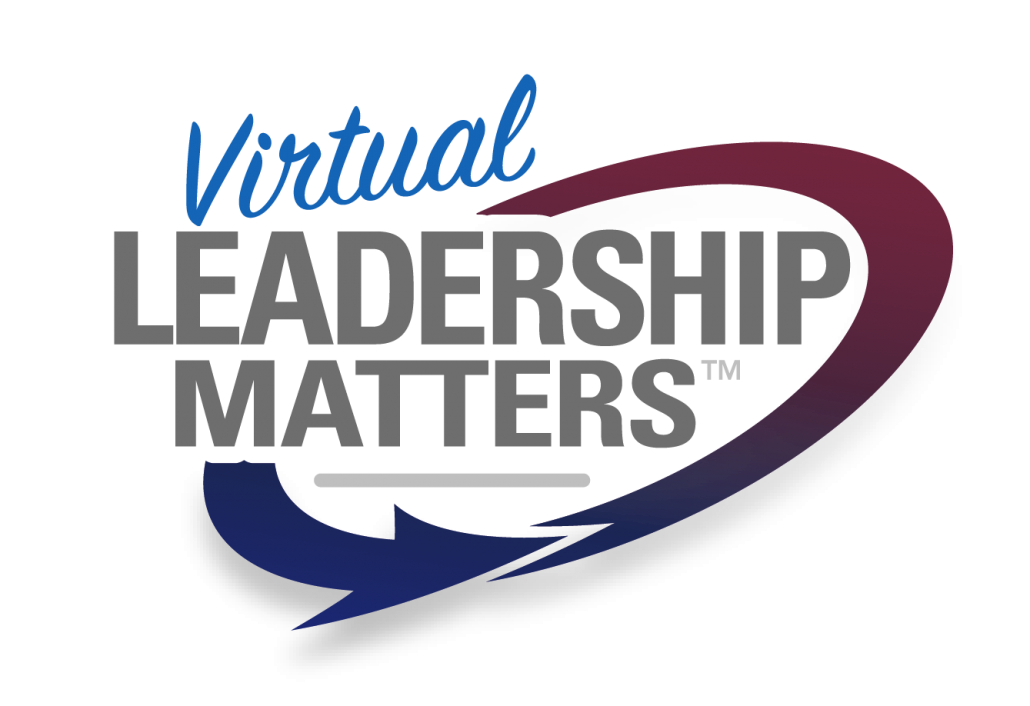Managing Employee Performance – Mindset & Ownership
This blog is a continuation of the topic of “Managing Employee Performance Remotely”. This blog will explore the question of “who owns the management of employee performance” in an organization. It will also explore how this drives the mindset required to be more effective at the management of employee performance in today’s “new normal”.
Ownership of Employee Performance Management
Throughout my career, I’ve had many conversations with managers about who owns the management of employee performance. I can recall a specific conversation I had with the Vice President in a division where worked. I was the senior HR leader and had been recently promoted to the role. Within the first week, one of the Vice-Presidents, who was a fellow member of the executive team, dropped into my office to tell me how happy he was that I was there. He wanted me to make sure that all his managers completed and submitted their forms from the annual performance review meeting.
The look on his face was priceless when I told him that the management of employee performance was not my responsibility. Rather, it was his. I suggested that he was responsible for ensuring that every employee in his department received feedback. It was also his responsibility to ensure that the managers reporting to him who had employees reporting to them, were also responsible for having ongoing dialogue and completing an annual review with their direct reports.
Of course, my remarks were followed by an assurance that I was happy to help support him and his staff in any way I could in the achievement of fulfilling their responsibility to assess the performance of the employees who reported to them. This conversation ended with his assertion that I was responsible for making sure that the forms were collected and that the interviews took place. The Vice President then left my office so that he could speak to the head of the division to straighten things out.
The Manager Who the Employee Reports to Owns Performance Management
My suspicions are that the conversation he had with the head of the division surprised him. I had already had a conversation with the head of the division regarding who owns performance management to confirm that he agreed with the idea that ownership of employee performance management belongs to the managers who the employees report to. He explained to the Vice President that what I had told him was correct. The Vice President returned to my office and asked “what do I do now?”
We had a really good conversation about the role of human resources management and how they are responsible for owning the administration of a performance process and for helping managers with performance management by coaching them on how to have good conversations with the employees regarding their performance.
My intention was to land a key message which is that people who manage the performance of others own the relationship between the manager and the employee. They are responsible for helping the employee succeed. It would be a mistake for the human resources practitioner to try to take over ownership of that relationship and the responsibility for making it work. Certainly, there is a responsibility for the HR practitioner to train and/or coach managers to assist them with the management of those relationships. However, the manager is responsible for making the relationship work and providing ongoing feedback to the employee.
More Important Than Ever When Managing Remotely
Owning the management of employee performance is especially important when employees work at a distance. The process and conversations involved in managing the performance of remote workers present unique challenges and the person that the employees report to is best positioned for overcoming these added barriers.
When both parties work in the same workspace, it is easier a manager to observe an employee’s performance and initiate a conversation. These in-person conversations are a great way to build employee engagement and ongoing meaningful dialogue. When working remotely, it is more difficult to observe performance. Managers must observe the measures of performance – the outcomes and achievements resulting from the job description activities of the employee. In-person conversations must be replaced by other channels of communication such as the phone or a video-based communication platform. Managing employee performance remotely requires additional diligence and energy to achieve to same level of employee engagement. Ongoing conversations to get agreement on how to measure success will enable better performance and make it easier for the manager to give feedback relative to expectations that are co-created.
With all of the challenges relating to managing performance remotely, ownership of the process must rest on manager’s shoulders because managers are best positioned for this job. Managing performance goes go hand in hand with managing the relationship between a manager and their employees. Managers often have a clearer sense of the specific needs, challenges and expectations that go along with the roles their employees fill compared to an HR practitioner in the same company. This insight is crucial to understanding and managing performance. As a manager, you can only manage what you know and often the person that knows the most about the employee’s performance is the manager they report to.
Two Important Mindsets to take away
Managers who understand that they own the relationship with employees who report to them and that they are responsible for helping the employees succeed, are motivated to make the process work because of the benefits they can provide to the employee, to themselves as the manager, and to the whole team and organization. Managers who believe that this is a paper chase often don’t commit to the process because they don’t believe that they own it and/or they don’t see the benefits of doing it well.
As the first blog in the series states, the entire performance management process should be focused on helping employees succeed. So, when it comes to managing employee performance, managers that adopt an “ownership” mindset will be more committed to the process of setting expectations, observing performance/outcomes, providing regular, timely feedback and building the employee’s competence and confidence.
A second important mindset is to embrace the concept that people make their own choices. In order to maximize employee success, you need to tap into intrinsic motivation. This inspires great performance as opposed to relying solely on external motivation. Performance is better when people act out of inspiration versus responding to consequences. As a manager, you want to light the fire inside as opposed to light the fire behind. Employees will achieve greater success where there is commitment as opposed to compliance.
Until next time,
Dave



